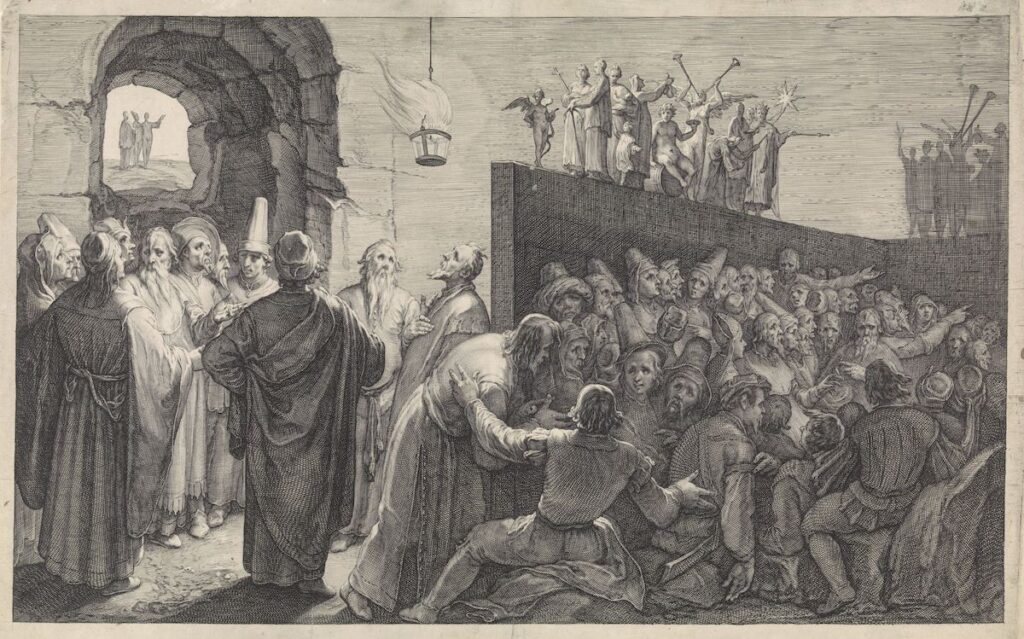
The Cave Beneath the Cave
Today, the image of the cave is regarded with suspicion. It seems to call for rule by experts and social engineers, for a tyranny of technocrats: a dubious, if not diabolical, prospect.

Today, the image of the cave is regarded with suspicion. It seems to call for rule by experts and social engineers, for a tyranny of technocrats: a dubious, if not diabolical, prospect.
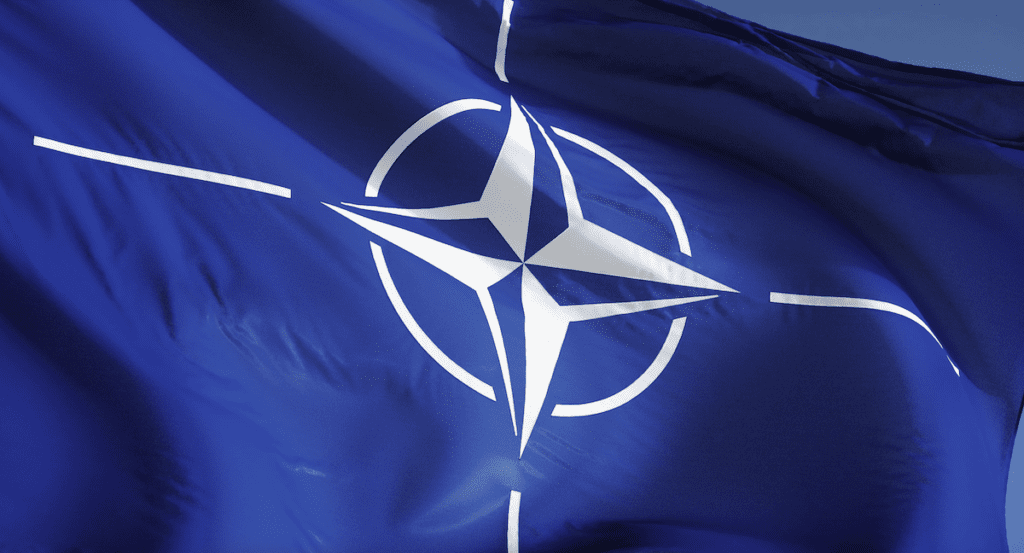
The difference between NATO and the United Nations is pluralism. The UN Charter is explicitly predicated on the sovereign equality of states. It is an ideal, to be sure, perhaps more honoured in the breach than the observance, but NATO’s ideal is the opposite.

The revolutionary afterlife of Hegel’s political thought is proof of the power of a philosophical system, once seized by less cautious hands, to outpace its original creator.
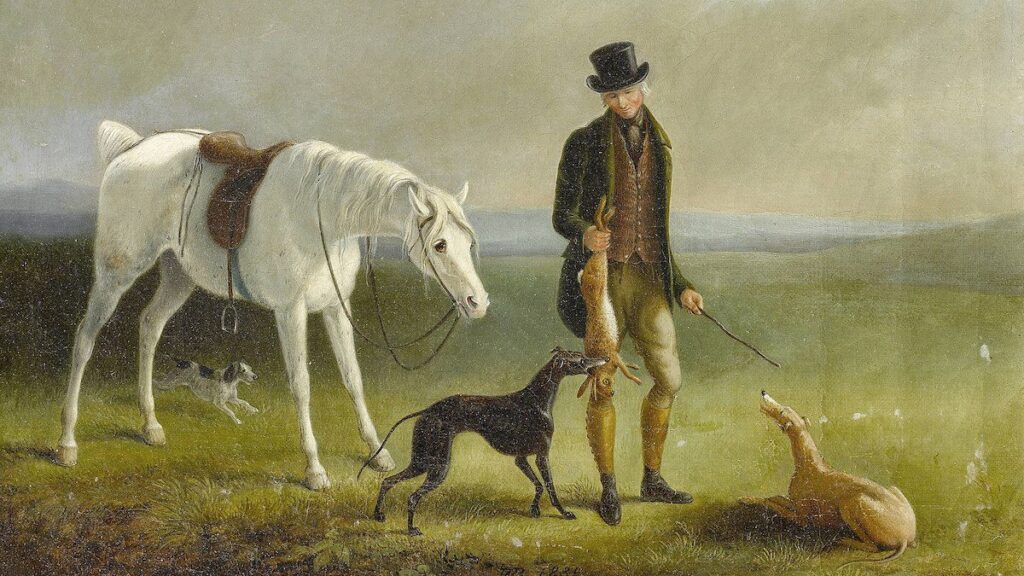
The hunt is almost the perfect antithesis of the ‘online community.’ In the hunting community, we know little of each other’s opinions. Our bond is not established by views or factions, but by our experience of belonging.

Wendell Berry’s stories are an effective evocation of the world he loves and wishes to defend; as one friend put it to me: “His stories make me love what I should love and hate what I should hate.”
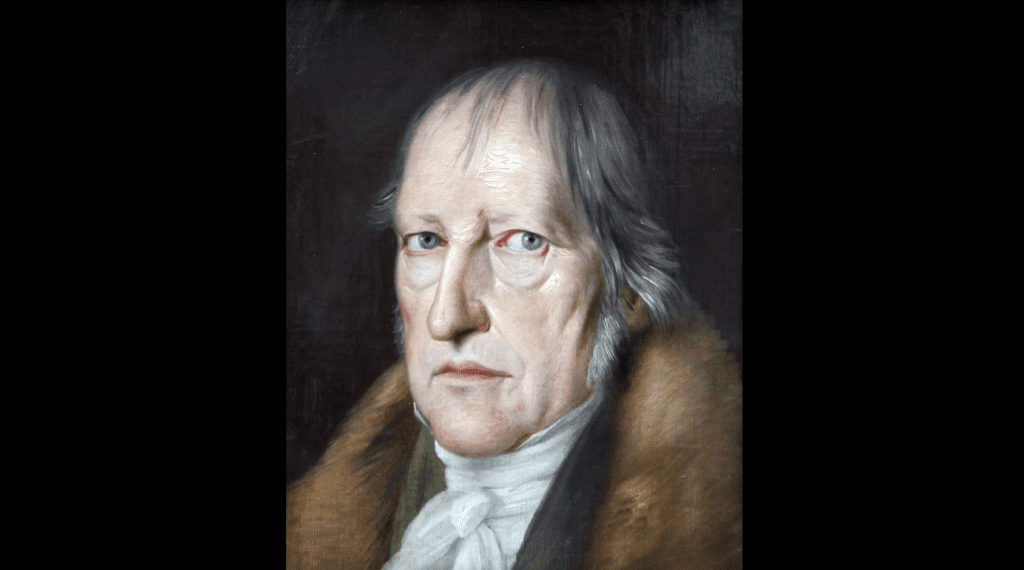
Is Hegel’s political thought conservative, progressive, perhaps even revolutionary?
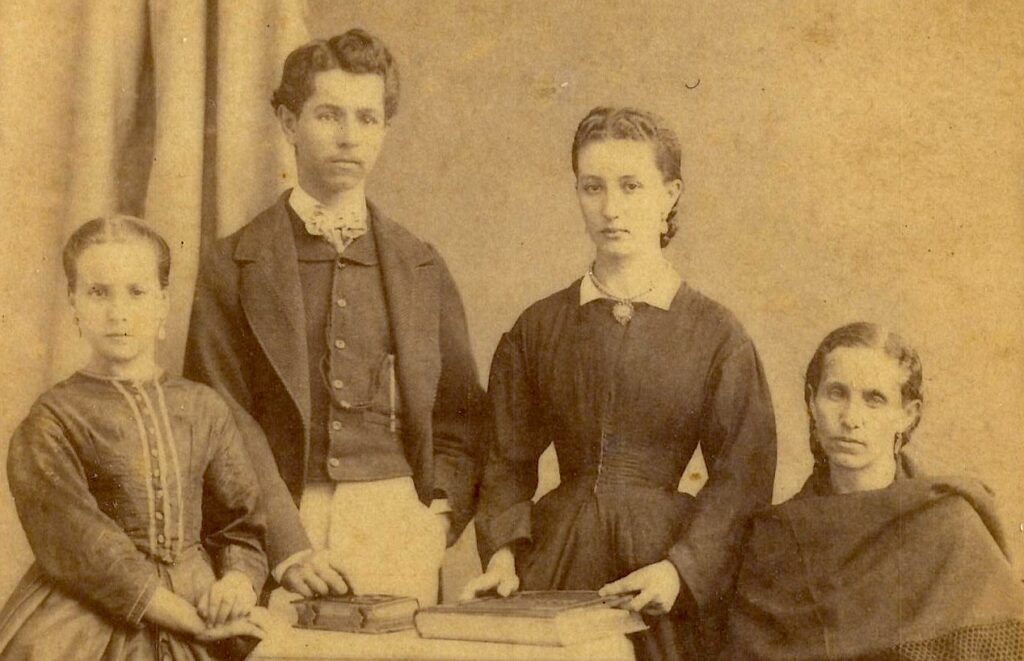
In an old hand-written Jesuit journal and a couple of letters, guarded in the Sanctuary of Loyola’s historical archive in Spain, I found a story of grace, love of God, and generosity that my family lore had already forgotten.
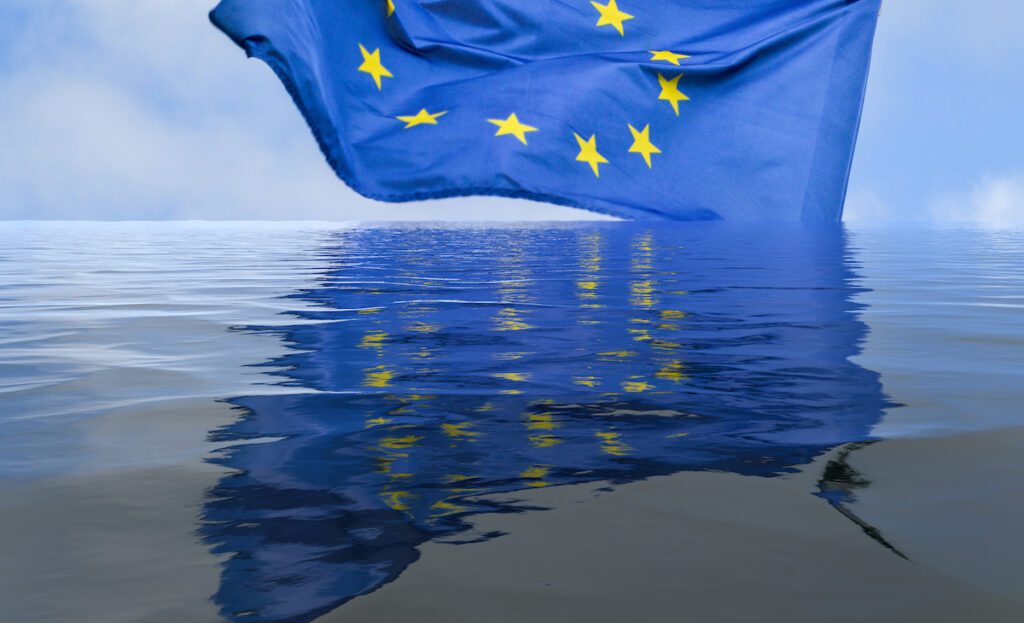
Where there is a human rights regime, especially if it is an international one as in Europe, the legal system is no longer rooted in social reality. It is no longer constitutive or protective of that reality; it becomes, on the contrary, an instrument for reforming or deforming it.
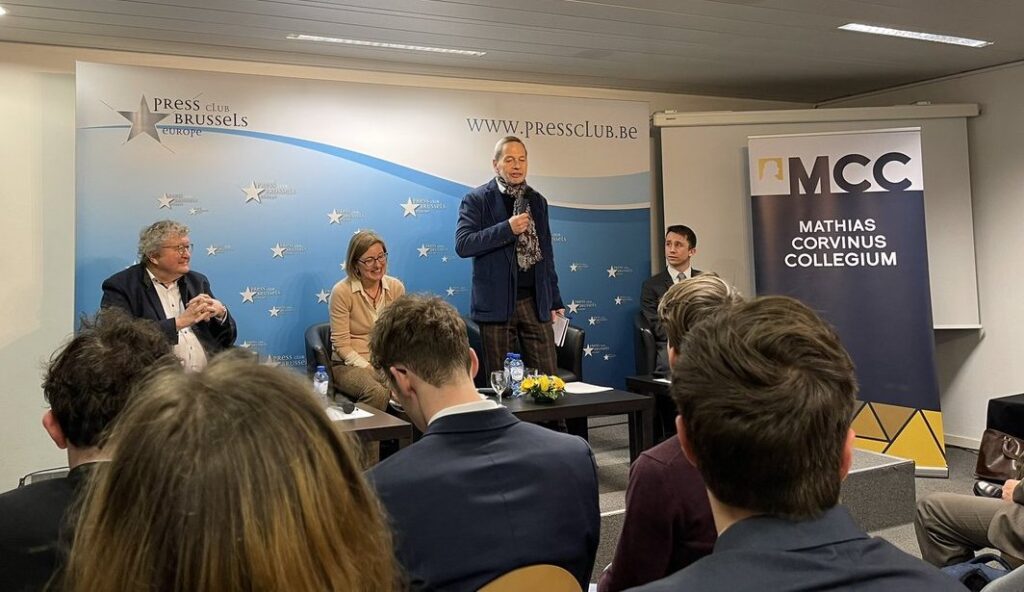
European history must stop dwelling on sins and start focusing on achievements again. A strong Europe starts with proud Europeans, according to the MCC’s panel discussion in Brussels.

It is essential for the modern person—and tragically we are all modern people—to strive to overcome his rationalism by various therapeutic exercises.
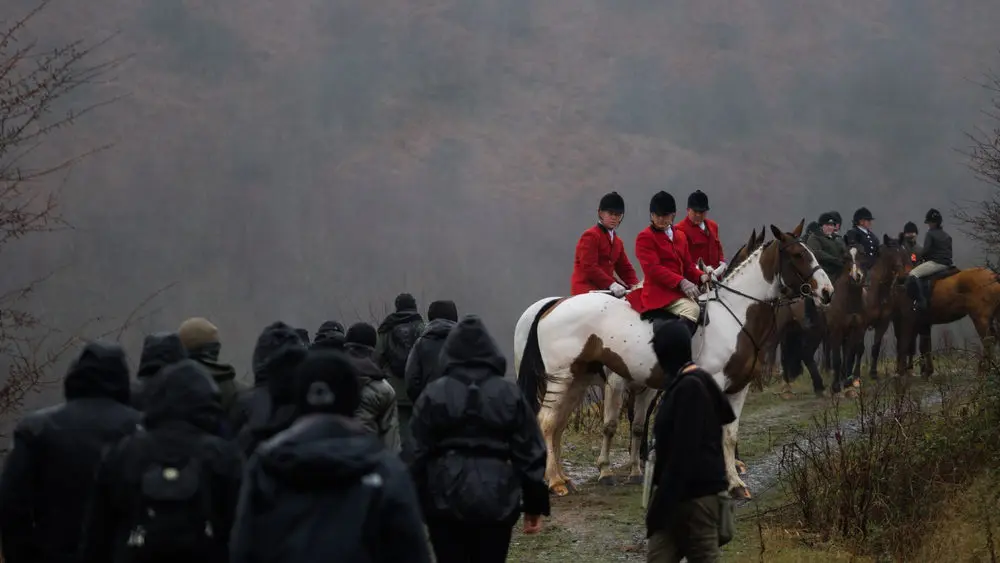
The connection between anti-hunting attitudes and fascism may, in fact, be a deep one.

In the current climate, Sinn Fein’s brand of neo-Marxist secularism, abetted by deceitful propaganda of the kind at which Communists excel, has been able to hoodwink a great many Irish voters into supporting their neo-Marxist policies.

A common sentiment among the population is that Ukrainians cannot afford to indulge in woe but should do their best to rebuild, regain lost wealth, and live on.

“The world is full of devouring wolves, and you, unfaithful dog, know not how to bark.”

The policies that have provoked these protests differ, but there is a common conviction driving the backlash: the elites imposing these agendas do not and will not suffer the consequences of their own policies.
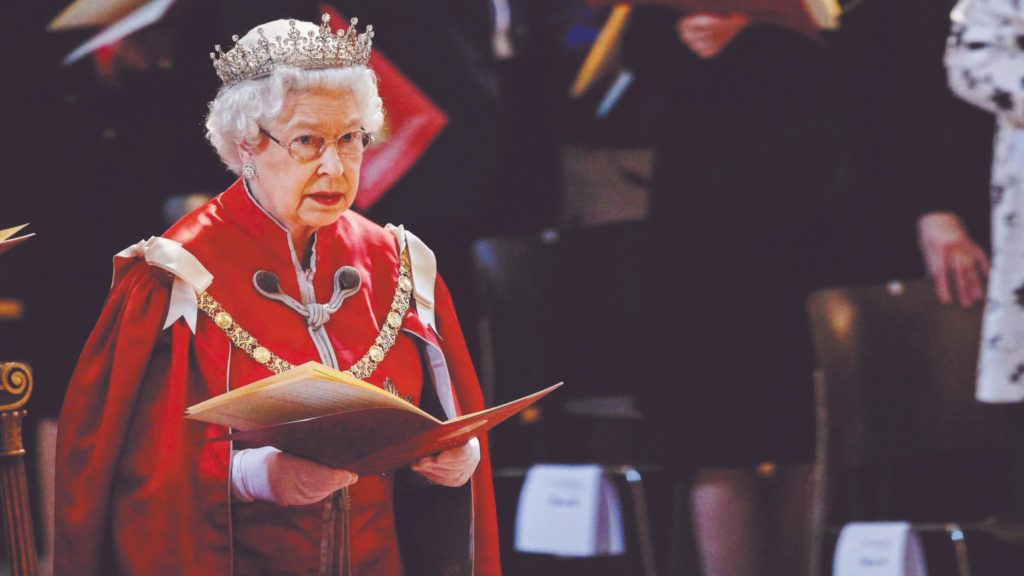
Placing one’s social role ahead of one’s personal preferences is certainly a sacrifice, but the assumption by some that such a sacrifice must make it impossible to live authentically or happily is far from being true.

In radically diverse societies lacking a clear religious and cultural majority, it becomes obvious that worldviews sometimes harbour radically different ideas of what it means to be human.
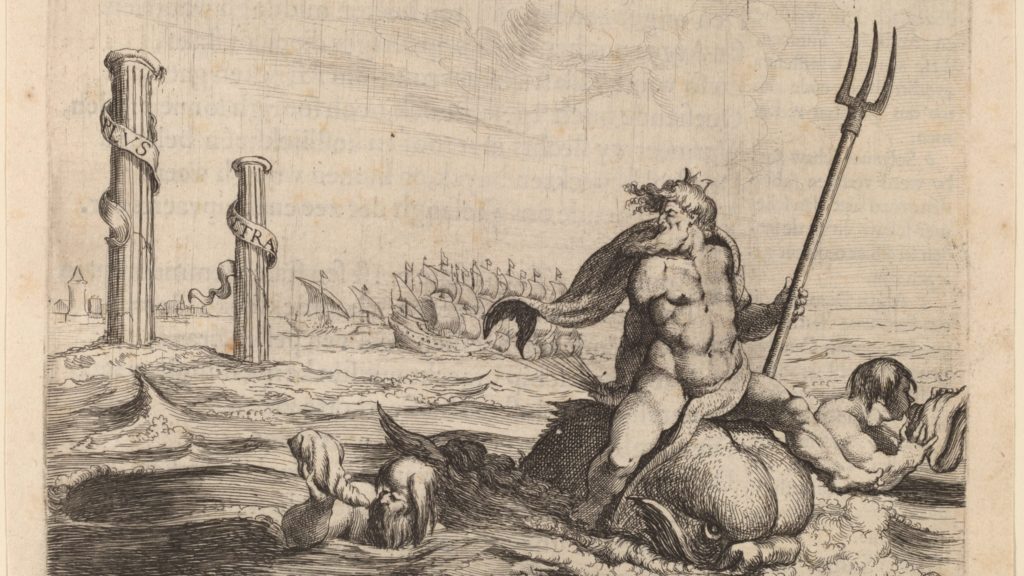
Perhaps people have bought into the various scarcity programs of recent years—the scarcity of social contacts during the pandemic, scarcity of energy, scarcity of food—because it makes them feel alive again.

This essay may not be a plug-and-play survival guide to inflation, but it should help to explain where you can go and what information you can find, in order to educate yourself on inflation, specifically energy costs.
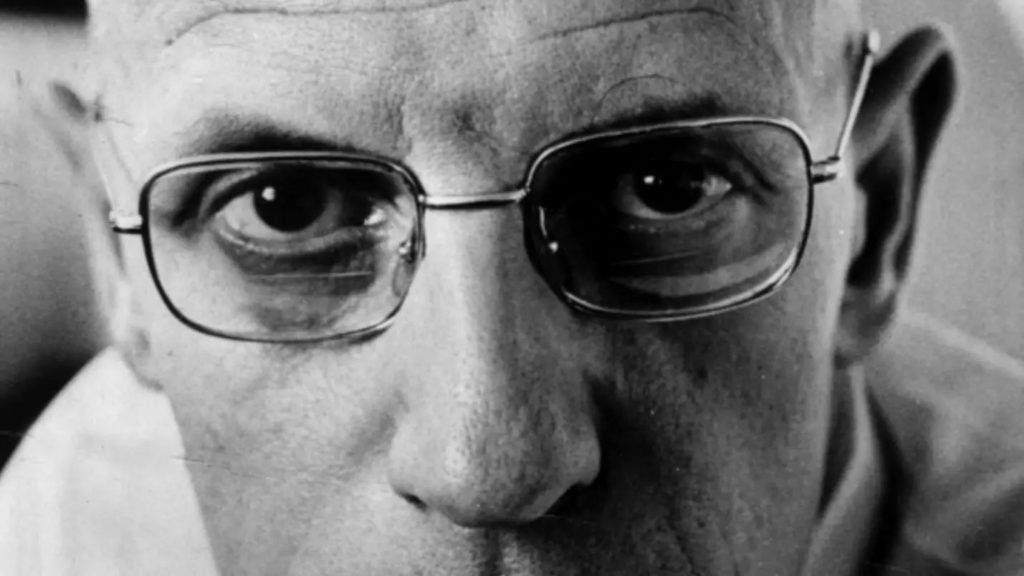
To use the Foucauldian jargon, the new left-wing aristocrats are forever manufacturing ‘epistemes’—that is, structures of knowledge—which serve to sustain their dominance of Western society.
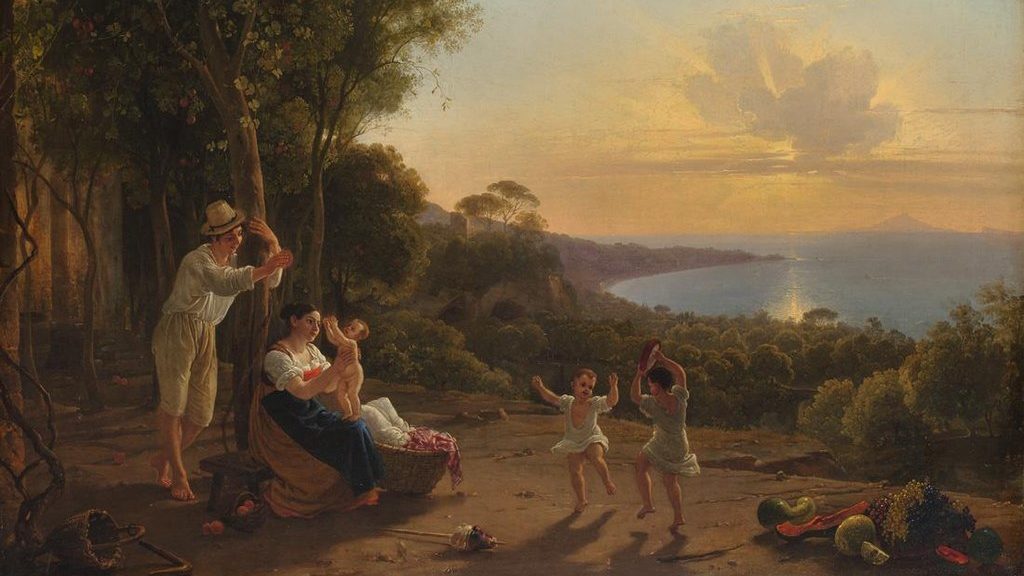
Listening to pop music—like the rest of modernity—marks an education in unreality, which is no education at all. Folk music, on the other hand, is invariably rooted in the concrete reality of life.

“The world is full of devouring wolves, and you, unfaithful dog, know not how to bark.”